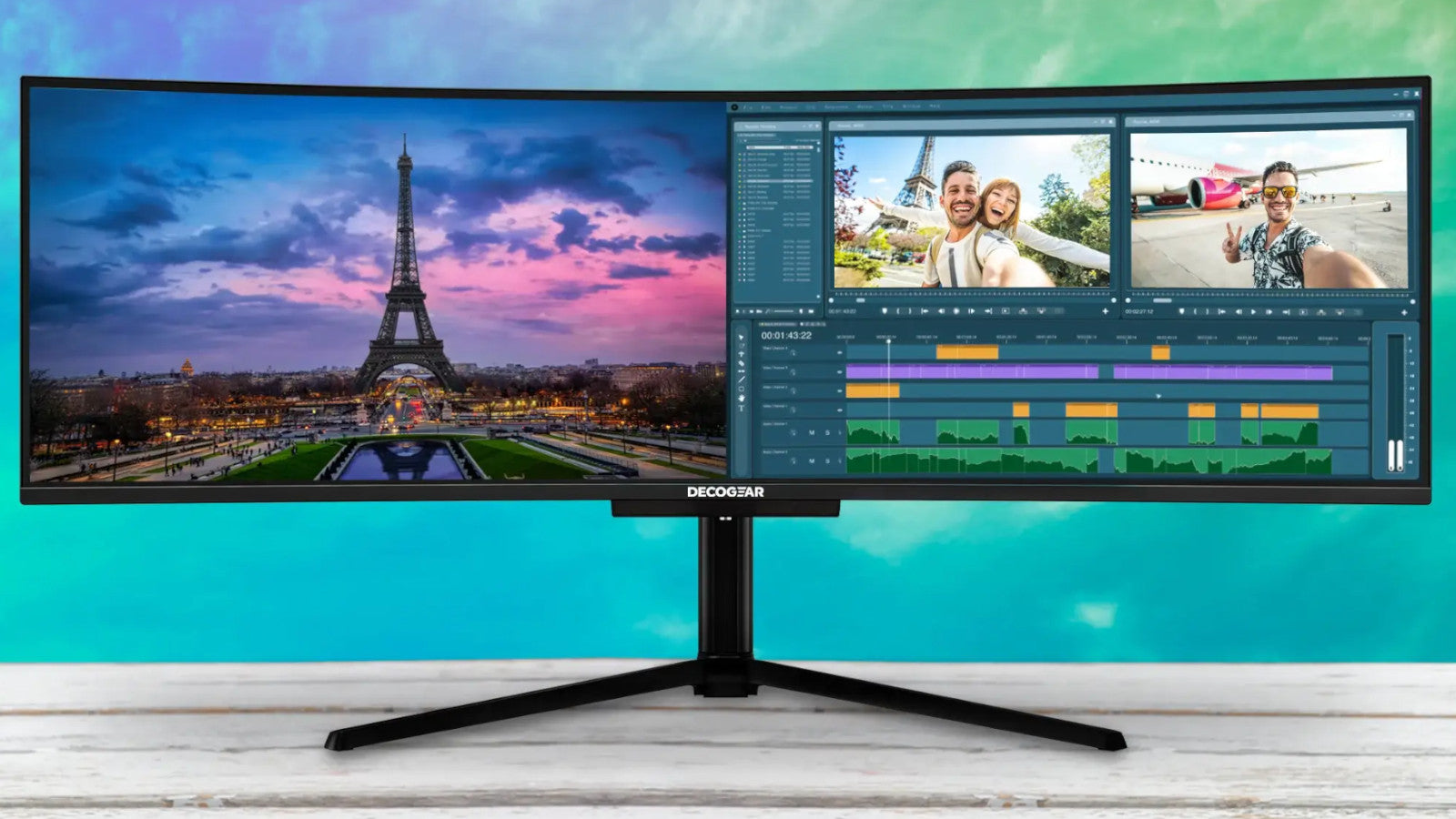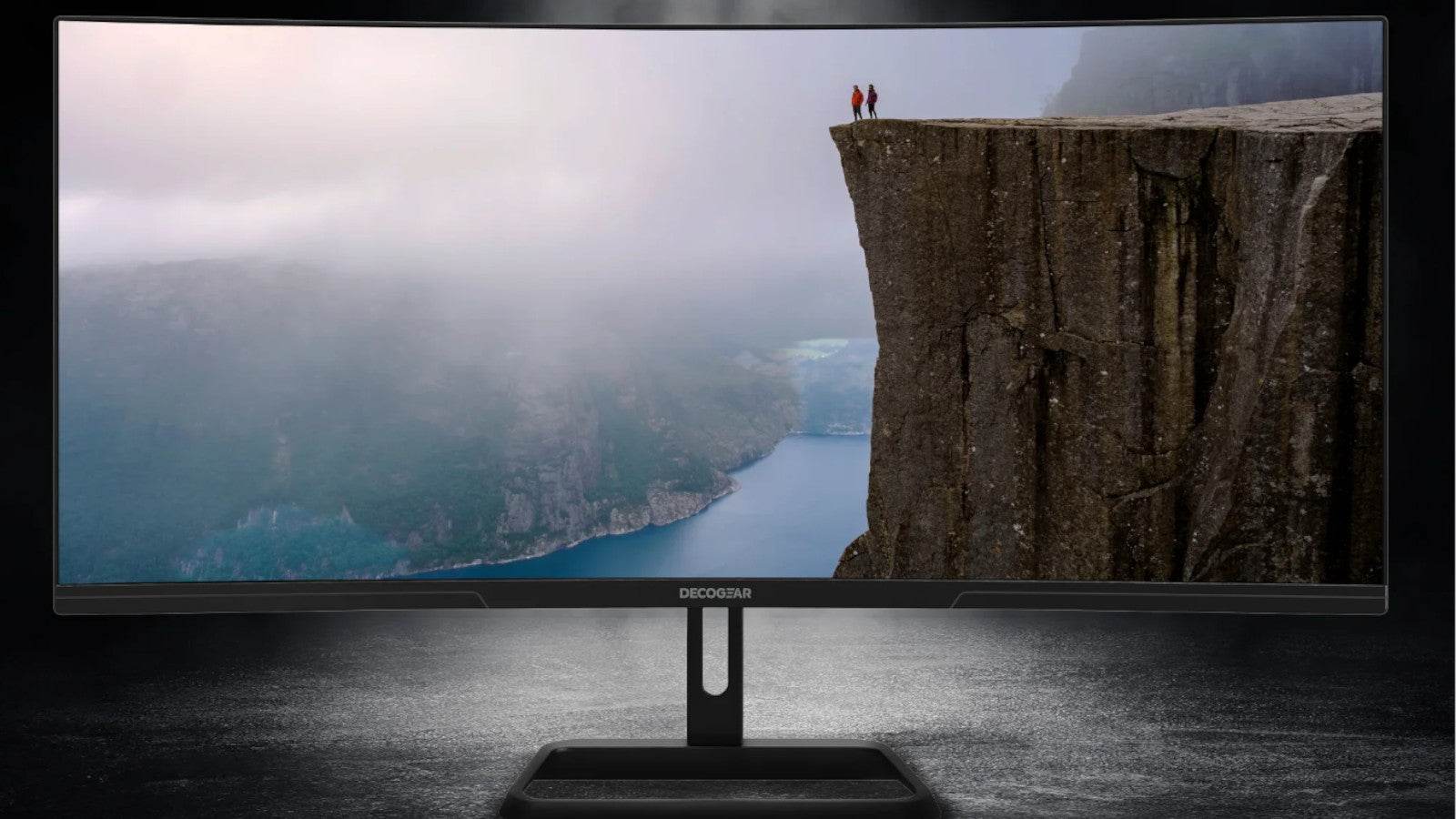When it comes to choosing the best display technology, the debate of OLED vs IPS is ever-present. Both OLED and IPS monitors have their unique strengths, making them suitable for different uses. Whether you're an avid gamer, a graphic designer, or someone who simply enjoys high-quality visuals, understanding the differences between an IPS display vs OLED can help you make an informed decision. Let's explore what sets these technologies apart and how each can enhance your viewing experience.
The World of IPS Displays
IPS, or In-Plane Switching, represents a significant leap forward in LCD technology. Known for its superior color accuracy and wide viewing angles, an IPS display is a popular choice among professionals who need precise color reproduction. Whether you're editing photos or videos, an IPS panel delivers consistent colors and sharp images, even when viewed from the side.
One of the main advantages of an IPS vs OLED monitor is its durability. IPS panels are less prone to burn-in, a concern that sometimes affects OLED screens. Additionally, the vibrant colors and brightness of IPS displays make them ideal for well-lit environments, ensuring your visuals are always clear and captivating.
Exploring the Advantages of OLED Displays
OLED, which stands for Organic Light Emitting Diode, brings a different set of benefits to the table. An OLED display does not require a backlight, allowing each pixel to emit its own light. This results in true black levels and a striking contrast ratio, qualities that are particularly noticeable when watching movies or playing games in darker settings.
When comparing an IPS panel vs OLED, one standout feature of OLED is its ability to deliver deeper blacks and vibrant colors. This makes OLED displays perfect for those who value superior image quality and immersive visuals. However, it's worth noting that OLED screens can be more susceptible to burn-in, though advancements in technology have mitigated this issue significantly.

OLED vs IPS - Comparative Insights
When assessing the IPS display vs OLED, several factors come into play. IPS monitors are known for their robustness and longer lifespan, whereas OLED screens excel in providing unmatched contrast and true blacks. For gamers, an OLED display's quick response times and vibrant visuals can enhance the gaming experience, while an IPS display offers excellent color fidelity and viewing angles, beneficial for collaborative work and design tasks.
Energy efficiency is another consideration in the IPS vs OLED monitor debate. OLED displays are generally more energy-efficient with darker content, as pixels can be completely turned off. Conversely, IPS panels consume more power due to their backlight. These factors can influence your choice, depending on your usage habits and environmental preferences.
Choosing the Right Display for Your Lifestyle
Deciding between an IPS vs OLED monitor depends largely on your specific needs and budget. For those who prioritize color accuracy and wide viewing angles, an IPS display is often the go-to option. On the other hand, if you're drawn to exceptional contrast and vivid colors, an OLED display might be more aligned with your preferences.
Budget is also a critical factor. OLED displays, with their cutting-edge technology, tend to be more expensive. Meanwhile, IPS monitors offer a range of budget-friendly options without compromising on performance. When selecting a display, consider factors like screen size, resolution, and connectivity to ensure it fits your lifestyle and setup.
Enhancing Your Viewing Experience
Both IPS and OLED technologies have their own unique strengths, catering to different user needs and preferences. Whether it's the color accuracy and durability of an IPS display or the immersive contrast and vibrant visuals of an OLED display, each offers a distinct viewing experience.
For those seeking an optimal viewing experience, understanding the IPS panel vs OLED debate is crucial. Consider your primary use cases, whether it's gaming, content creation, or everyday use, and weigh the advantages of each technology. With the right choice, you can elevate your visual experience and enjoy the best that modern display technology has to offer.



Share:
Determining What Hz is Good for Gaming
What is an FHD Monitor? Understanding Full HD Technology